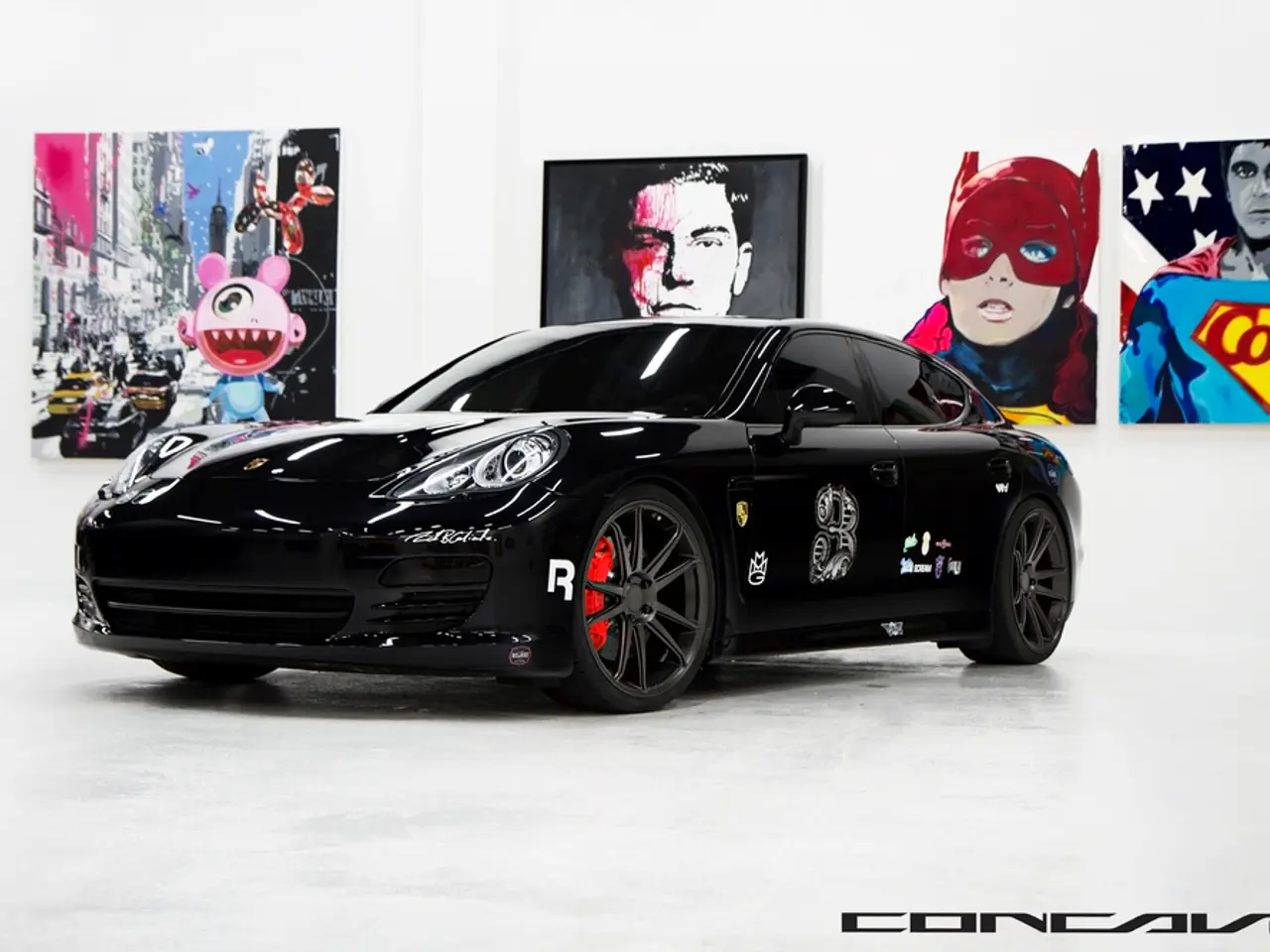Footage from 1981 captures a journalist at the DeLorean unveiling in California speculating on its potential success.
In 1981, the DeLorean Motor Company (DMC) launched its flagship car, the DMC-12, with much fanfare in California. The enthusiasm for the DeLorean was partly due to the popularity of its founder, John DeLorean, and the car's distinctive design. However, beneath the surface, the DMC-12 was facing numerous challenges that would eventually lead to its downfall.
BBC Reporter Gavin Esler was dispatched to California to report on the hype surrounding the DMC-12 launch. Yet, Esler questioned why some dealers were eager to become official stockists of the DeLorean brand, given the car's high price tag of $12,000, which was extremely uncompetitive compared to its rivals. The single biggest problem, as Esler noted, was the high price point of the DeLorean.
Harvey Heinbach, an automotive analyst at Merrill Lynch, shared similar concerns. He predicted that the DeLorean's chances of success were less than 50%. The launch took place amidst rising fuel prices in America, and Japanese car brands such as Datsun and Mazda were dominating the market.
The DeLorean was riddled with quality and supply issues from the beginning. Warranty returns due to substandard parts threatened to fill showrooms with unsellable cars, and the company was heavily reliant on substantial investment from the then Labor government, which had invested almost all its funds into the DMC project. This was a risky "all eggs in one basket" situation.
The car’s unconventional design generated publicity but also skepticism about its practicality and reliability. Widespread publicity, especially in America, meant that failure would be very public and damaging, impacting not just the company but also investment prospects in Northern Ireland, where the car was produced.
These elements combined to create a fragile business situation that ultimately undermined the DMC-12’s commercial success despite its high profile and distinctive design. John DeLorean's arrest for cocaine trafficking in October 1982 further exacerbated the company's problems, and the DeLorean plant in Dunmurry, Northern Ireland, closed towards the end of 1982. The DeLorean's closure marked one of the most disruptive and troubled chapters in automotive history.
[1] BBC footage from 1981 reveals several factors that contributed to the potential failure of the DeLorean Motor Company's DMC-12. [2] The main factors were quality control problems leading to excessive warranty returns and unsellable inventory, heavy financial dependence on a single government investor, high public and media expectations creating intense pressure and reputational risk, and the car’s unconventional design generating publicity but also skepticism about its practicality and reliability. [4] These elements combined to create a fragile business situation that ultimately undermined the DMC-12’s commercial success despite its high profile and distinctive design.
[3] The high price tag of the DMC-12, $12,000, made it less competitive in the automotive industry compared to its rivals, causing dealers to be hesitant to stock the DeLorean brand.[5] Financial analyst Harvey Heinbach predicted that the DeLorean's chances of success were less than 50%, especially amidst rising fuel prices and Japan's dominance in the American market, posing a threat to the DeLorean's financial stability.




